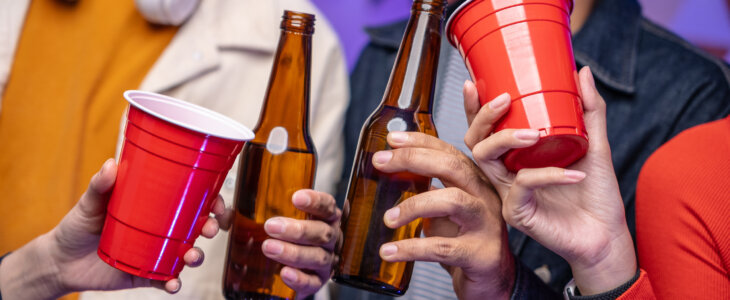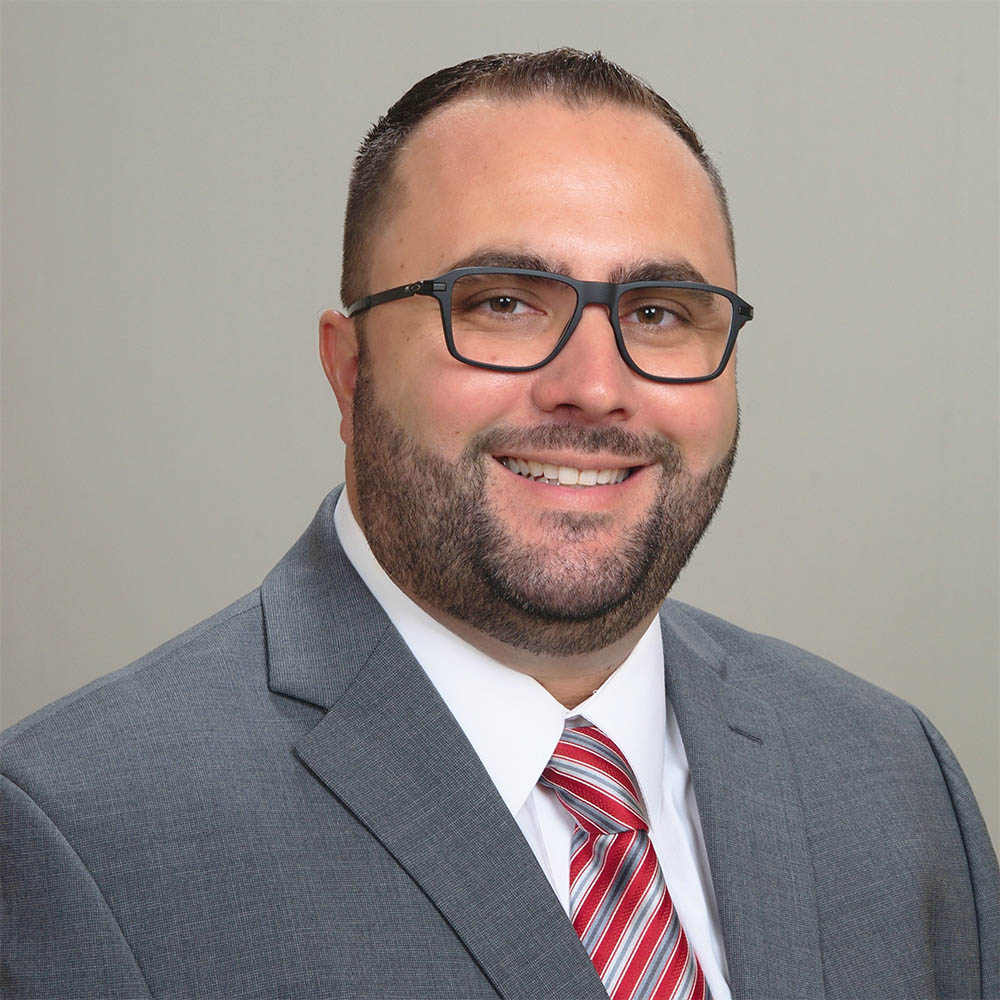Bar fights, often fueled by alcohol, can lead to serious injuries and legal disputes. Whether you’re a patron, bar owner, or someone who was injured in a bar fight, understanding the role alcohol plays in personal injury cases is essential. Alcohol can complicate the legal process by affecting liability, negligence claims, and determining who is responsible for the injuries sustained during a bar brawl.
This blog from Tomlinson Law Group explores the legal implications of alcohol in bar fight personal injury cases and how victims and property owners can protect their rights.
Alcohol and Its Effect on Liability
Alcohol consumption significantly impacts the behavior and decision-making of individuals, often leading to aggressive actions that result in physical altercations. When a bar fight breaks out, alcohol can play a key role in determining liability. In many cases, courts and insurance companies will investigate how much alcohol was consumed and whether that played a part in the initiation or escalation of the fight.
- Impairment of Judgment: Alcohol impairs judgment, making it harder for individuals to control their emotions or avoid confrontations. If a person involved in a fight was intoxicated, it could affect their liability. However, being intoxicated does not automatically excuse violent behavior.
- Provocation: A person under the influence of alcohol may provoke a fight, leading to the question of whether they are responsible for the injuries caused. Provocation by an intoxicated individual could reduce the liability of the other party involved.
Negligence and Duty of Care
In personal injury cases, negligence is a key factor in determining who is responsible for the injuries sustained in a bar fight. For negligence to be established, the injured party must prove that someone had a duty of care and breached that duty, leading to the injury.
- Bar Owners’ Responsibility: Bar owners have a duty to maintain a safe environment for their patrons. This duty includes ensuring that alcohol is served responsibly and that security measures are in place to prevent or stop violent altercations. If a bar fails to monitor intoxicated patrons or intervene in a fight, the owner may be held liable for injuries sustained by innocent bystanders or even participants in the fight.
Under Florida’s dram shop law, a bar owner may also be held liable for overserving alcohol to an individual who is visibly intoxicated, especially if that person causes harm to others.
- Security and Bouncers: Bars with a history of fights or located in high-traffic areas are often required to hire security personnel. If a bar fight escalates and security fails to intervene or uses excessive force, the injured party may hold the establishment accountable for their injuries.
Proving Negligence in Bar Fight Cases
In a bar fight personal injury case, proving negligence is not always straightforward, especially when alcohol is involved. Key pieces of evidence can help establish fault, including:
- Surveillance Footage: Video footage from security cameras can be invaluable in showing how the fight started, who was involved, and the role alcohol played. This footage can also show whether the bar took adequate steps to prevent the fight from escalating.
- Eyewitness Testimony: Statements from other patrons, employees, or security staff can provide insight into the events leading up to the fight and whether alcohol fueled the altercation. Witnesses may also testify about whether the bar staff continued to serve alcohol to visibly intoxicated individuals.
- Medical Reports: Injuries sustained during a bar fight can support claims of excessive force or violent behavior. Medical records documenting the extent of the injuries can help demonstrate the severity of the altercation and its impact on the victim.
Florida’s Comparative Fault Rule
Florida follows a comparative fault rule, meaning that if the injured party was partially responsible for the fight, their compensation could be reduced based on their percentage of fault. For example, if an individual was intoxicated and contributed to the fight, they may only recover a portion of their damages. This rule highlights the importance of determining each party’s role in the fight and how alcohol contributed to their actions.
Possible Damages in Bar Fight Cases
Injuries sustained in a bar fight in Coral Springs can range from minor bruises to severe head trauma, broken bones, or even death. If the injured party can prove negligence, they may be able to recover compensation for:
- Medical expenses: This includes immediate medical costs and any ongoing treatment or rehabilitation required due to the injuries.
- Lost wages: If the injuries result in time away from work, the victim can claim compensation for lost income.
- Pain and suffering: Non-economic damages for physical pain and emotional trauma can also be sought in personal injury claims.
- Property damage: Any personal property damaged in the fight, such as clothing or electronic devices, can also be included in the claim.
How Tomlinson Law Group Can Help
Alcohol often plays a significant role in bar fight personal injury cases, complicating the issue of liability. Whether you’re a victim of a fight or a bar owner seeking to protect your business, understanding the legal responsibilities surrounding alcohol and personal injury is essential. If you’ve been injured in a bar fight, consulting with a skilled personal injury attorney can help you navigate the complexities of your case and ensure your rights are protected.
At Tomlinson Law Group, we have extensive experience handling personal injury cases related to bar fights and alcohol-related incidents. Contact us today to learn how we can assist you in seeking the compensation you deserve.


